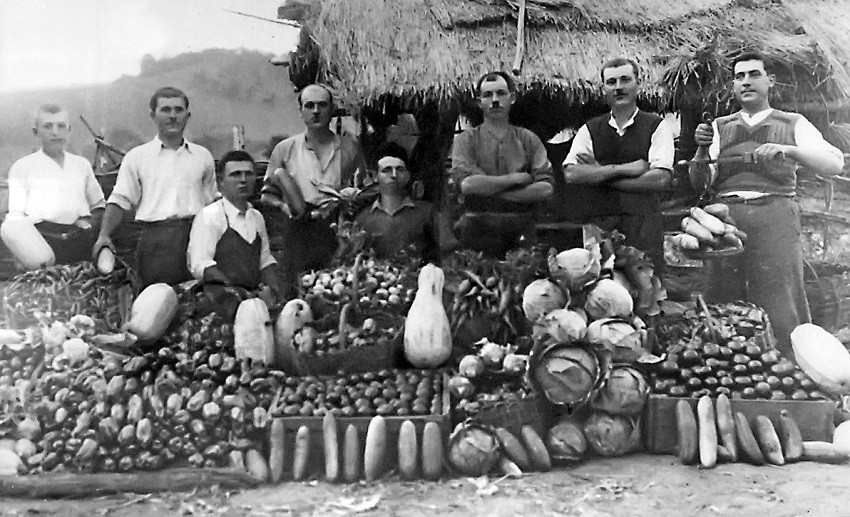
The engineering plans for the expansion of the Bulgarian Centre in Billerica, New England, USA (BCNE), are ready. According to information from the centre's Facebook page, cited by BTA, the centre and the Bulgarian Church 'St. Petka' are now looking for a..
Summer, high temperatures, holiday mood. But unfortunately, summer brings not only positive emotions, but real and very serious problems. For example, last year, over 400 settlements throughout Bulgaria, including several major towns, remained "dry" or..
This year, Dilmana , a folklore dance group formed by our compatriots in Copenhagen, will visit Bulgaria for the first time to take part in the Na Armane s Tupane festival of traditional dances. The group announced this on their Facebook page. The..
Three European bison calves were born in the Eastern Rhodopes during the past few weeks, the Rewilding Rhodopes foundation has announced. They are the..
Earlier this week the parliamentary Committee on Policies for Bulgarians Abroad examined the case of the association "Cultural Alternative Tsaribrod" - a..
In the centre of Varshets a new singing fountain now rises. The modern landmark has transformed the central square, quickly becoming a favourite venue..

+359 2 9336 661
